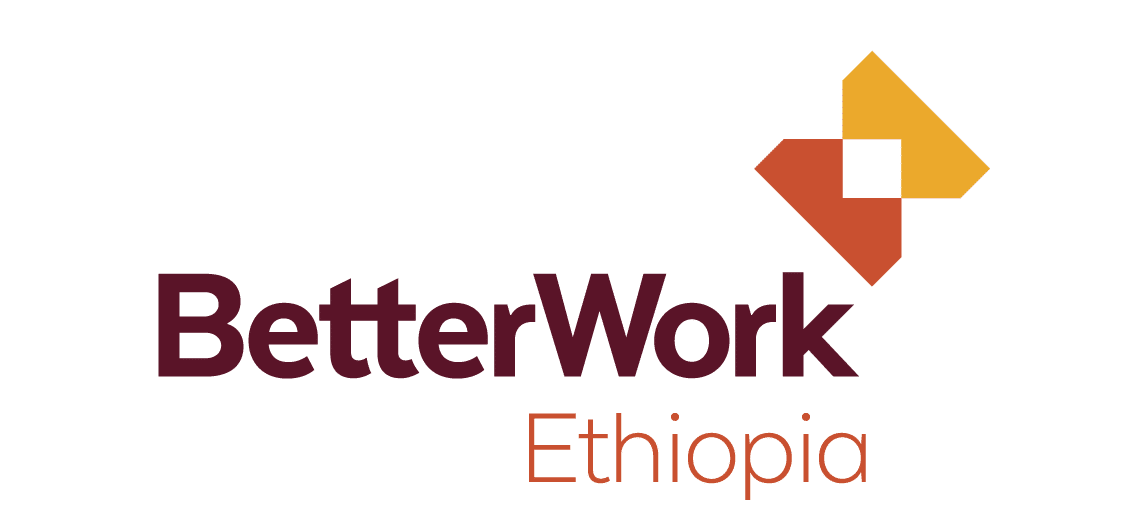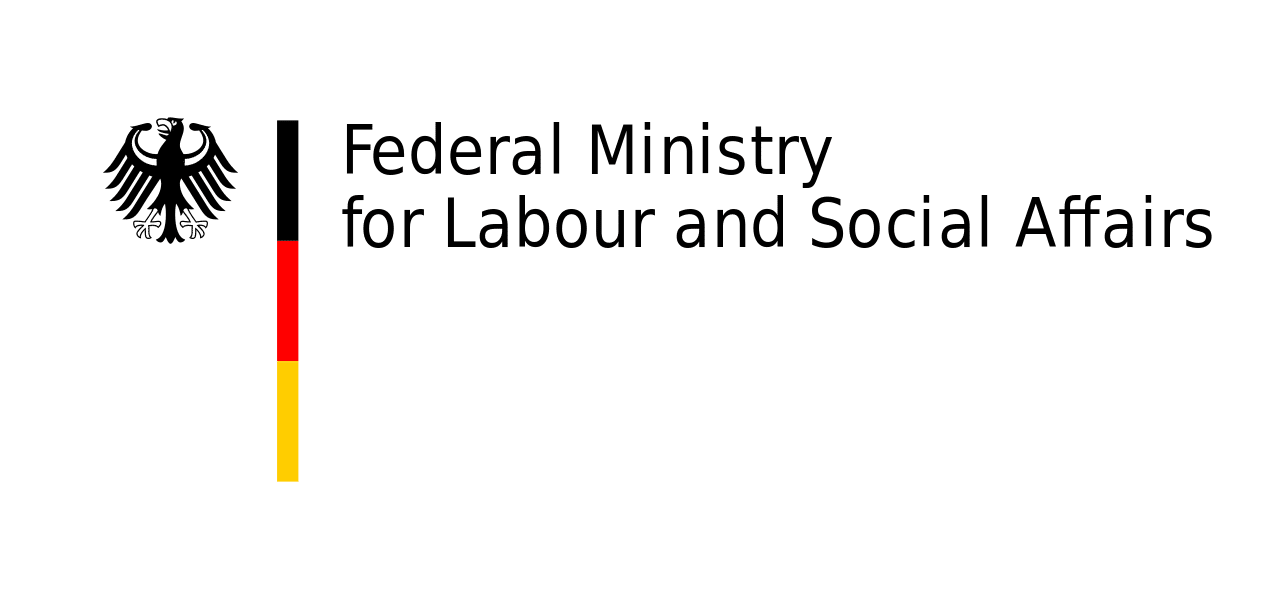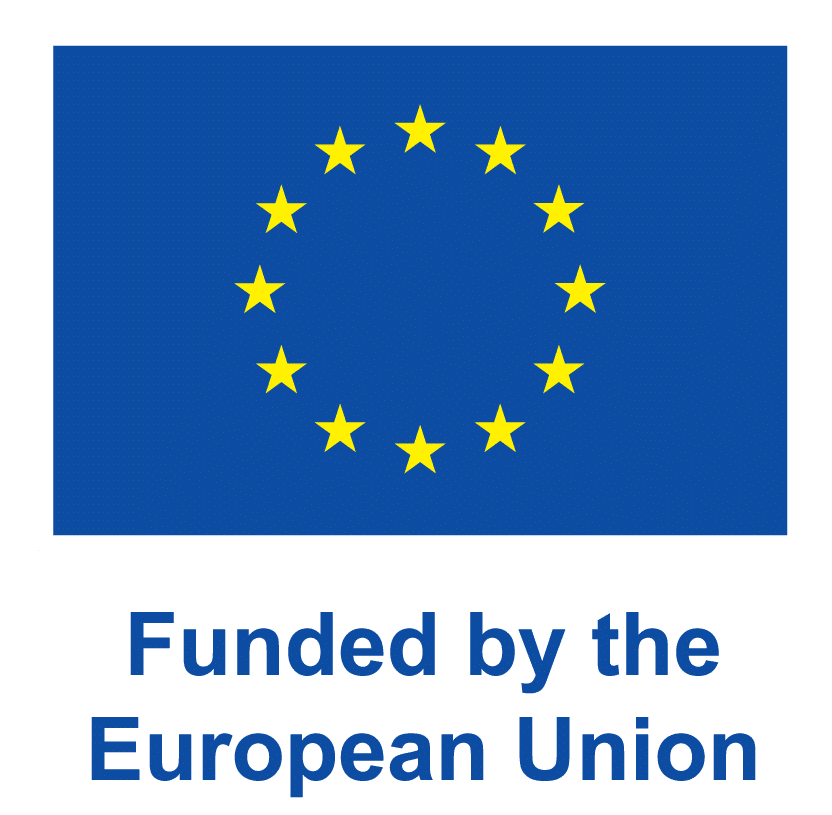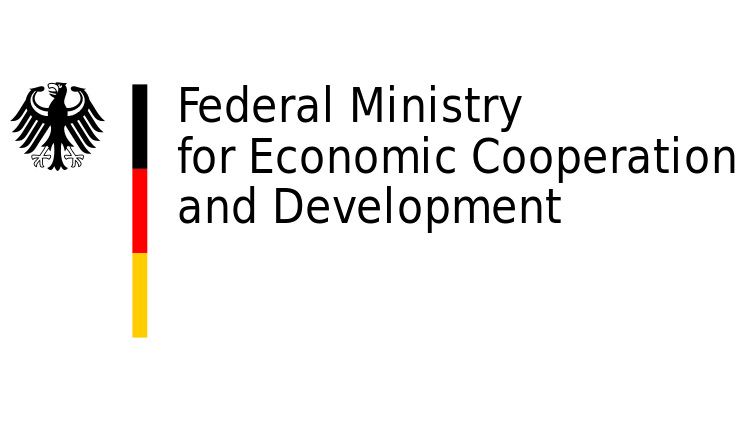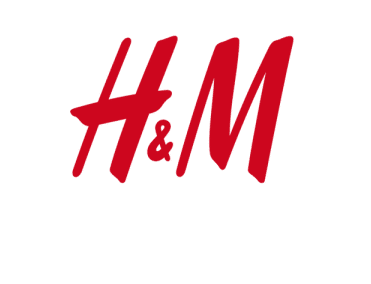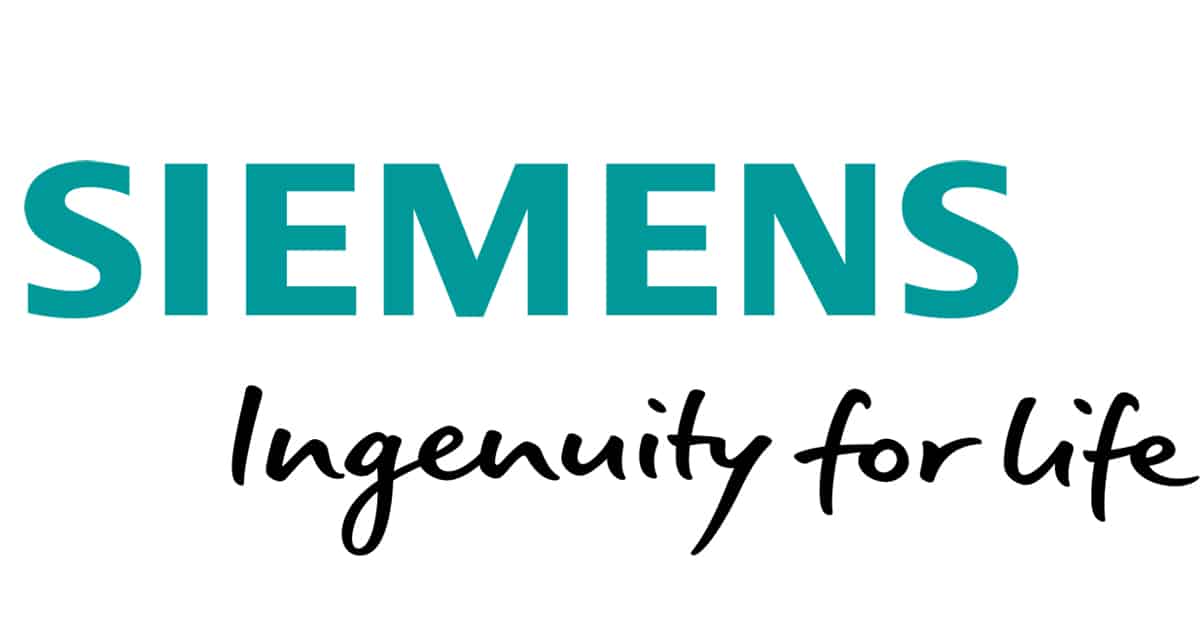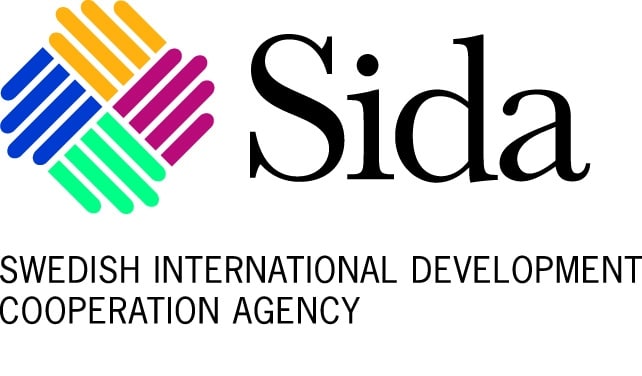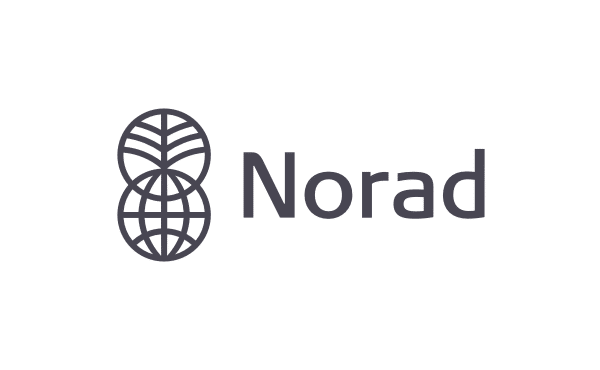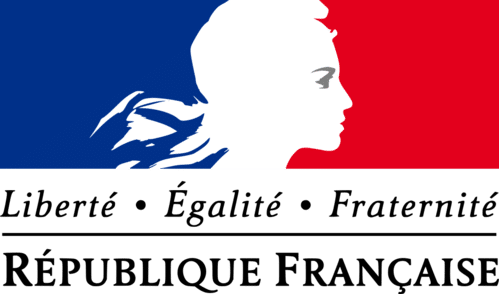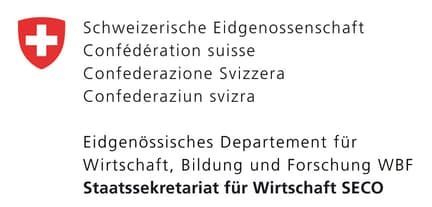Better Work Ethiopia
Better Work Ethiopia is part of the Advancing Decent Work and Inclusive Industrialization In Ethiopia/ programme known as SIRAYE.
Established in 2019, SIRAYE brings together not only the vast experience of the ILO in different countries, but also a new way of delivering support in a holistic and coordinated manner. Unique in the ILO, SIRAYE works at the national, regional and factory levels involving different ILO departments and key global programmes, including Better Work. These programmes and departments align their service packages and harness the specializations of each programme to address the unique needs of the Ethiopian garment and textile industry. As a result, stakeholders and factories receive comprehensive support in one programme.
Better Work is a flagship programme of the ILO, jointly managed by the International Finance Corporation, a member of the World Bank group. The overarching development goal of Better Work Ethiopia is to see improved respect of workers’ rights, leading to greater incomes and compensation, enhanced safety, equality, voice and representation. The programme also aims to lift industrial productivity and competitiveness to enable a globally competitive textile and garment sector as well as to encourage accountable and transparent government institutions.
Our Strategic Goals
By 2027, worker well-being is protected by a system that achieves sustainable and inclusive compliance with national labour law, guided by international labour standards
By 2027, the Ethiopian garment sector has increased its productivity through the establishment of responsible and sustainable workplace practices.
By 2027, the garment and textile industry benefit from improved industrial relations, collective bargaining and minimum wage policy.
By 2027, workers are covered by a sustainable prevention, protection and compensation system.
Latest news
Equipping women garment workers at Ethiopia’s largest industrial park with leadership skills
ILO’s Women Leadership Development Programme is helping factory workers in the garment sector in Ethiopia to thrive professionally and economically. ADDIS ABABA, Ethiopia– The Women Leadership Development Programme, a collaboration between the International Labour Organization’s (ILO) Better Work and the Sustaining Competitive and Responsible Enterprises (SCORE) Programme, is providing on-the-job coaching, mentoring, and training in …
Educational content to change behaviours during the crisis
Ethiopia Updates
Better Work Ethiopia Supports Government Response to COVID-19
Contribution to Priority Themes
These themes cross-cut the strategic goals and will be present in our factory engagement, research, policy influencing, content produced, and affect how we allocate our human and financial resources.
Business Performance
The programme will focus on SCORE to support enterprises in being sustainable and resilient. The programme will continue to influence national policy based on SCORE’s factory level evidence to initiate a national productivity movement.
Data and Evidence
SIRAYE is collecting data to enhance evidence-based decision making, establish best practices and inform the design of interventions that address challenges in the textile and garment industry. The programme will continue conducting studies and provide evidence on different areas, including social dialogue; occupational safety and health; gender; wages and the minimum wage fixing process and so on.
Environmental Sustainability
Learning from the impact of SCORE’s productivity enhancement support on cleaner production as well as resource efficiency and utilization, the programme will work closely with partners to achieve the eco-friendly management of chemical waste and lower the generation of waste through efficient use of resources, recycling and reuse to reduce the pollution of soil, water and air.
Gender Equality and Inclusion
The programme will continue to strengthen women’s empowerment and gender equality in the workplace. The programme will support women workers in building their technical and leadership skills to advance in more supervisory and managerial positions and towards becoming workers’ representatives and leaders.
Occupational Safety and Health (OSH)
The programme will continue supporting enterprises to build sustainable capacity and OSH management systems. At the national level, the programme will continue supporting the Government in updating OSH-related laws and standards and building capacity on OSH enforcement through direct capacity-building training and partnerships.
Social Dialogue
The programme will continue to support factories with structured, bipartite dialogue systems and tripartite partners to enhance workers’ and employers’ organizations’ capacity for meaningful participation in social dialogue at all levels. It will generate evidence-based studies and knowledge products to support capacity building and social dialogue at all levels.
Wages
The programme will continue supporting the government and social partners in the development of a minimum wage setting mechanism and the necessary capacity to fix and adjust minimum wages. The programme will generate evidence-based studies and knowledge products to complement and support capacity building.
